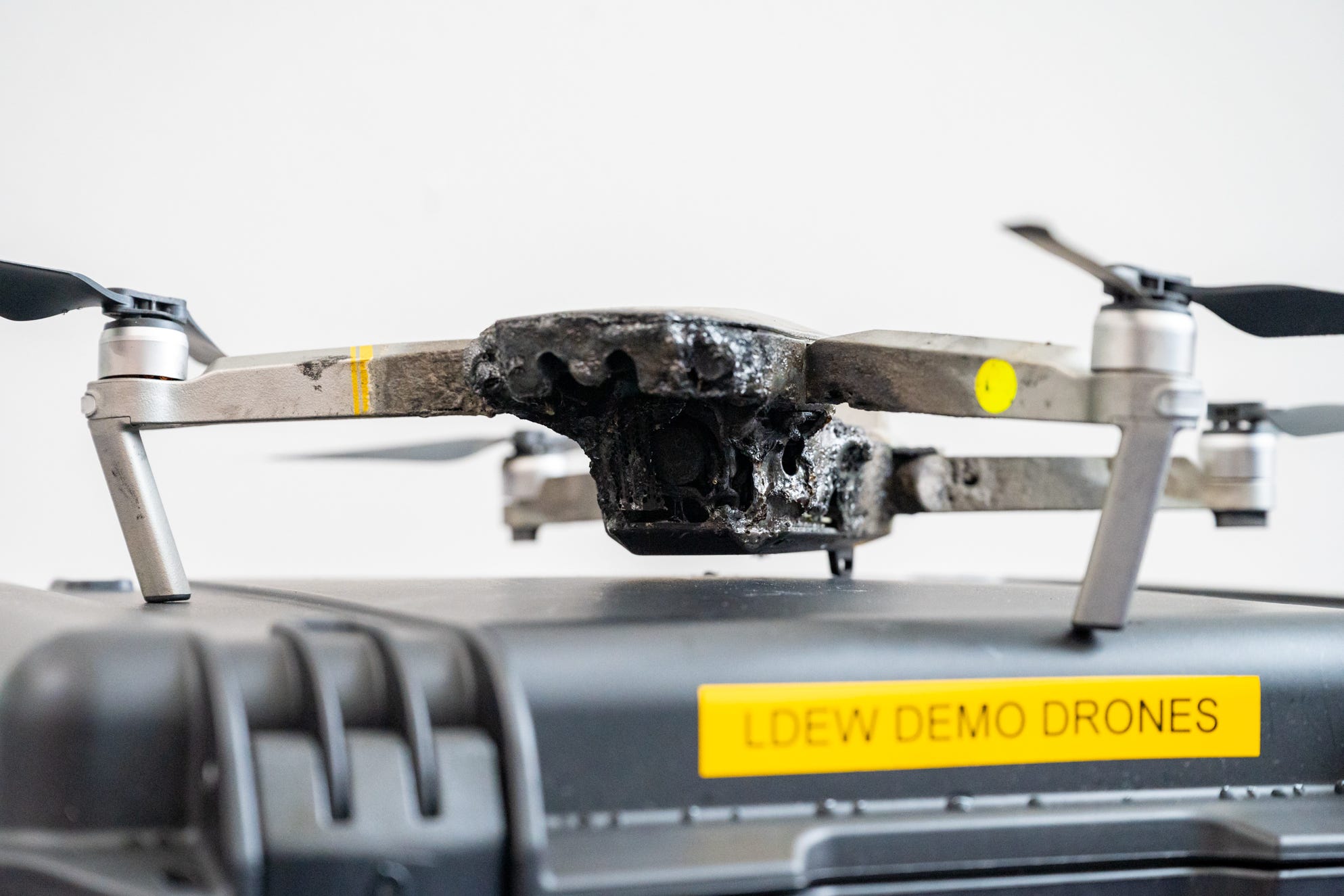Sweden to test its new military technology allowing drones to ‘swarm’
Sweden to test its new military technology allowing drones to ‘swarm’
Share:
‘We will need to take some risks to build a stronger defence capability faster than we normally do,’ says country’s defence minister. Sweden is set to test new “drone swarm technology” in an effort to bolster the country’s defences amid rising tensions with Russia.
![[A Ukrainian serviceman operates the DJI Mavic 3 drone, the sort of unit used for drone swarm operations]](https://static.independent.co.uk/2023/06/10/17/SEI159697220.jpg)
The Nordic country will test the drones during its upcoming Arctic Strike exercise, which is described as an “operational live fire experiment”. The technology allows groups of drones of different sizes to form and then solve tasks autonomously, Swedish defence minister Pal Jonson said.
![[Swedish defence minister Pal Jonson said his country would be testing the technology this year]](https://static.independent.co.uk/2024/06/07/07/Philippines_Sweden_Defense_66515.jpg)
“With these drone swarms it is possible to conduct both reconnaissance, positioning and identification,” he said. “We will need to take some risks to build a stronger defence capability faster than we normally do,” Mr Jonson added. Marcel Plichta, former analyst at the US Department of Defense, said drone swarms are typically made up of 50 units and are the “next step” for militaries around the world.
He explained that most advanced militaries, including the US, China and Russia are experimenting with the technology, which can be used from laying mines to identifying targets. Although the swarm concept has been around for a number of years, the technology has been developed by defence equipment group Saab and Sweden’s armed forces over the past 12 months.






















